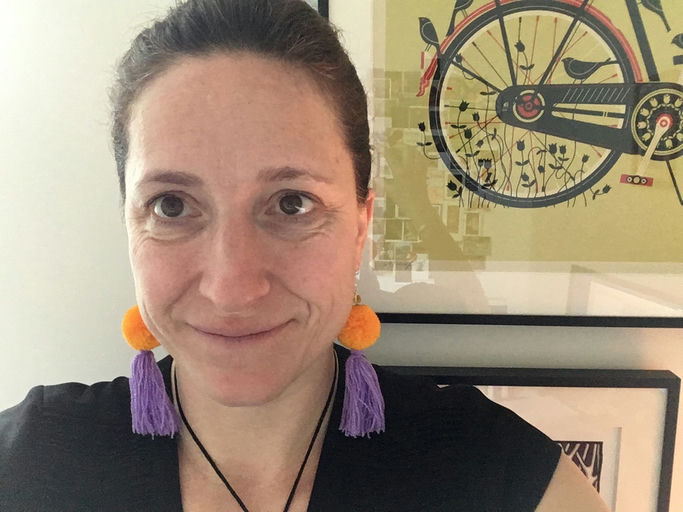
Catherine Gill
Executive Director, Northeastern University
Catherine is the Executive Director for Northeastern’s Center for Inclusive Computing (CIC), where she oversees strategy, programs, partnerships and fundraising. CIC was launched in 2019 with seed funding from Pivotal, a Melinda French Gates company.
The CIC’s mission is to promote equitable access to computing degrees through systemic change. Prior to this role, Catherine held the positions of associate dean for strategic partnerships and managing director of the Align Program at Northeastern’s Khoury College of Computer Science. Align, a master’s in computer science specifically designed for individuals who did not study computing as undergraduates, is offered at seven Northeastern campuses and has an enrollment of over 2,00 students. Catherine is also a lecturer in the MBA program at Boston University’s Questrom School of Business where she teaches on social enterprise.
Before Northeastern, Catherine was executive vice president at Root Capital, a mission-oriented organization that provides financing to agricultural businesses in Latin America and sub-Saharan Africa, and where she helped launch the Women in Agriculture Initiative.
Catherine holds an MBA from the Instituto de Estudios Superiores de la Empresa (IESE) in Barcelona, Spain, and a B.A. in ancient Greek from Wellesley College.
Developing the AI Workforce of Tomorrow: Bridging University Education and Industry Needs
As AI continues to transform the workforce, the need to align education with evolving talent demands has never been more urgent. In this session, Catherine Gill of Northeastern University’s Center for Inclusive Computing joins moderator Brenna Lenoir from CodeSignal to explore how universities are redesigning programs to ensure students graduate with the skills—and ethical awareness—needed to succeed in an AI-driven world.
From establishing curriculum standards in software engineering to creating more accessible pathways for underrepresented students, this conversation will highlight the academic innovations and cross-sector partnerships shaping the future AI talent pipeline. Learn how recruiters and employers can align more effectively with educational institutions to meet the moment—and build a more inclusive, future-ready workforce.



